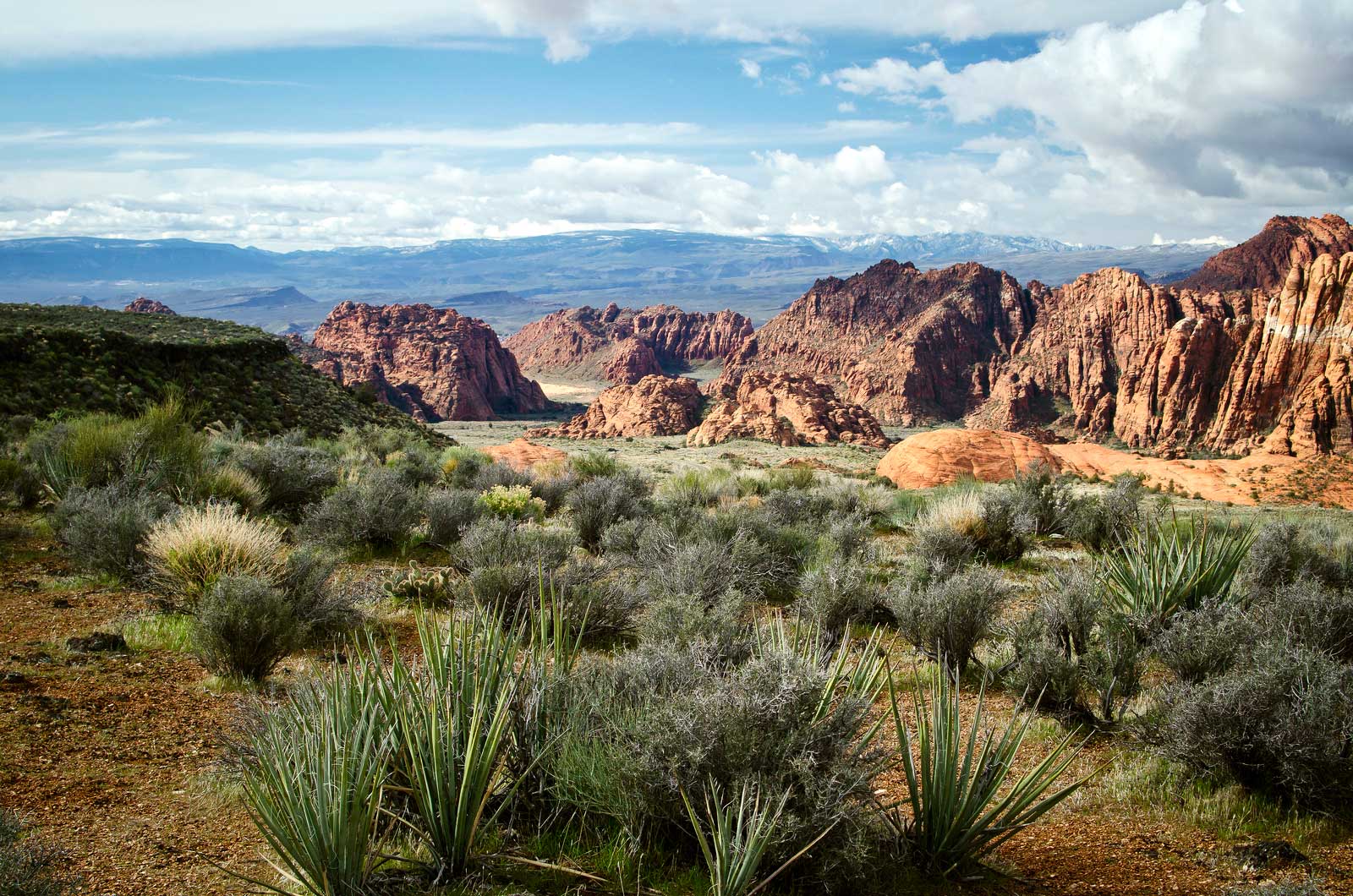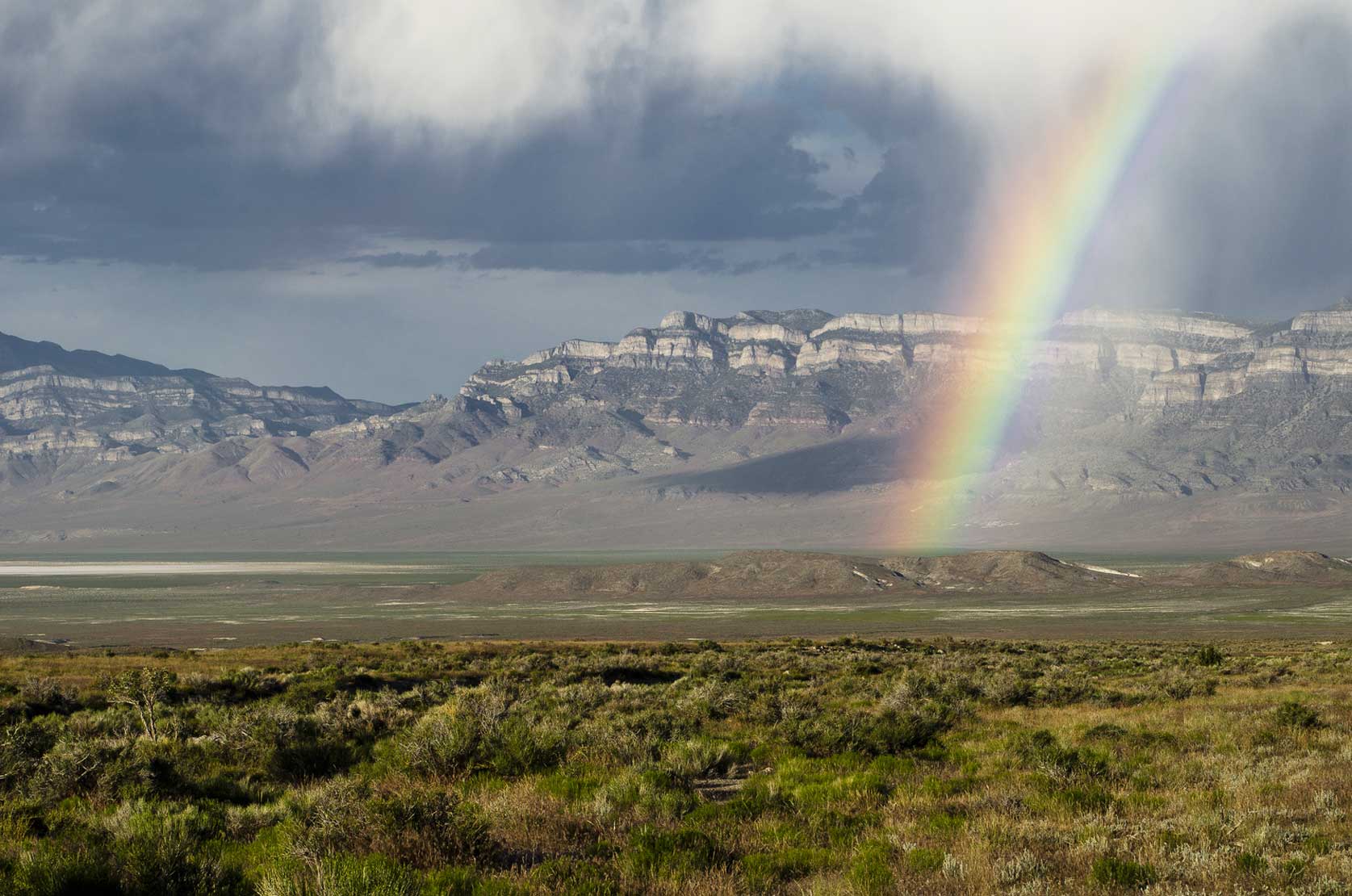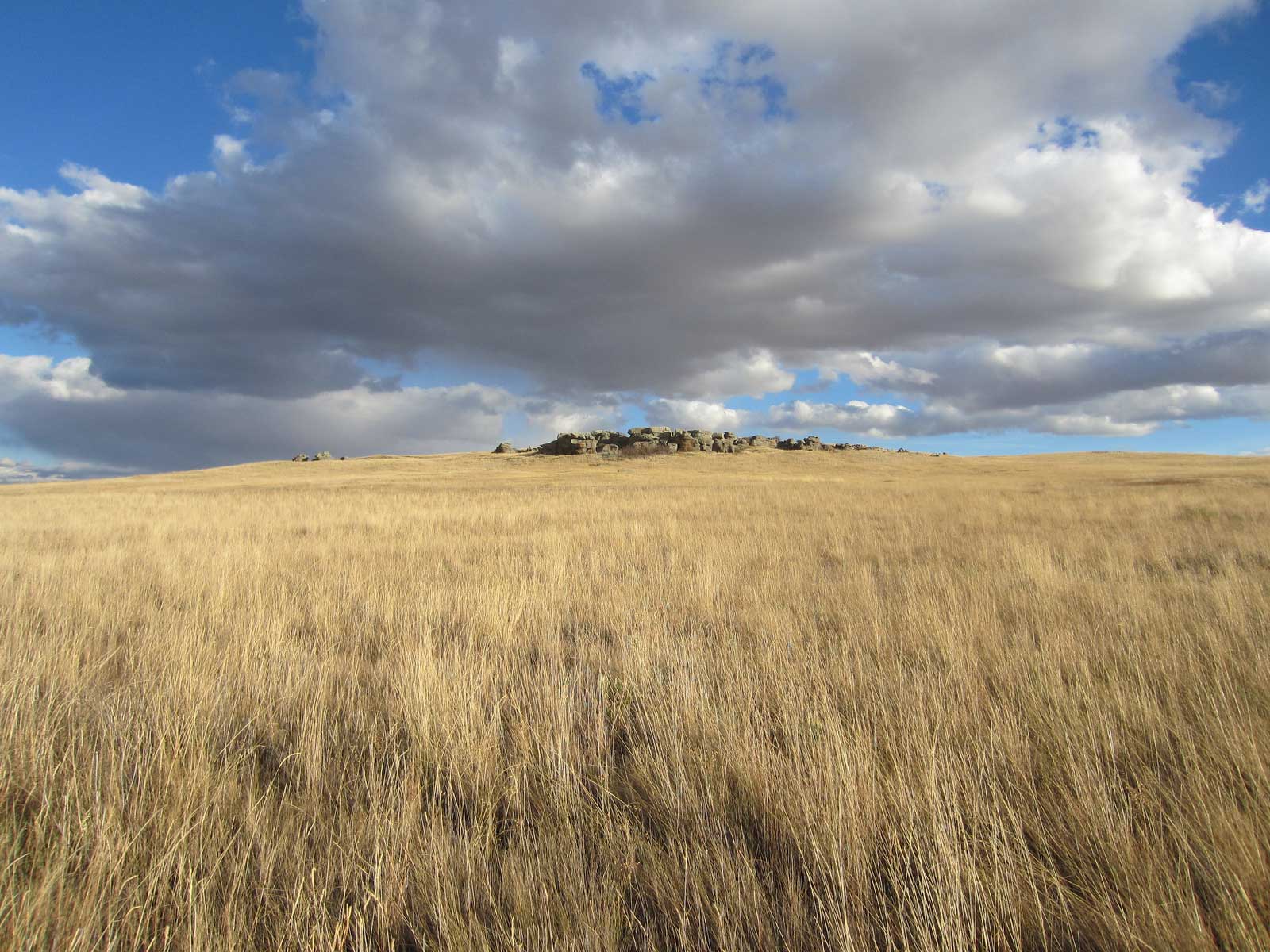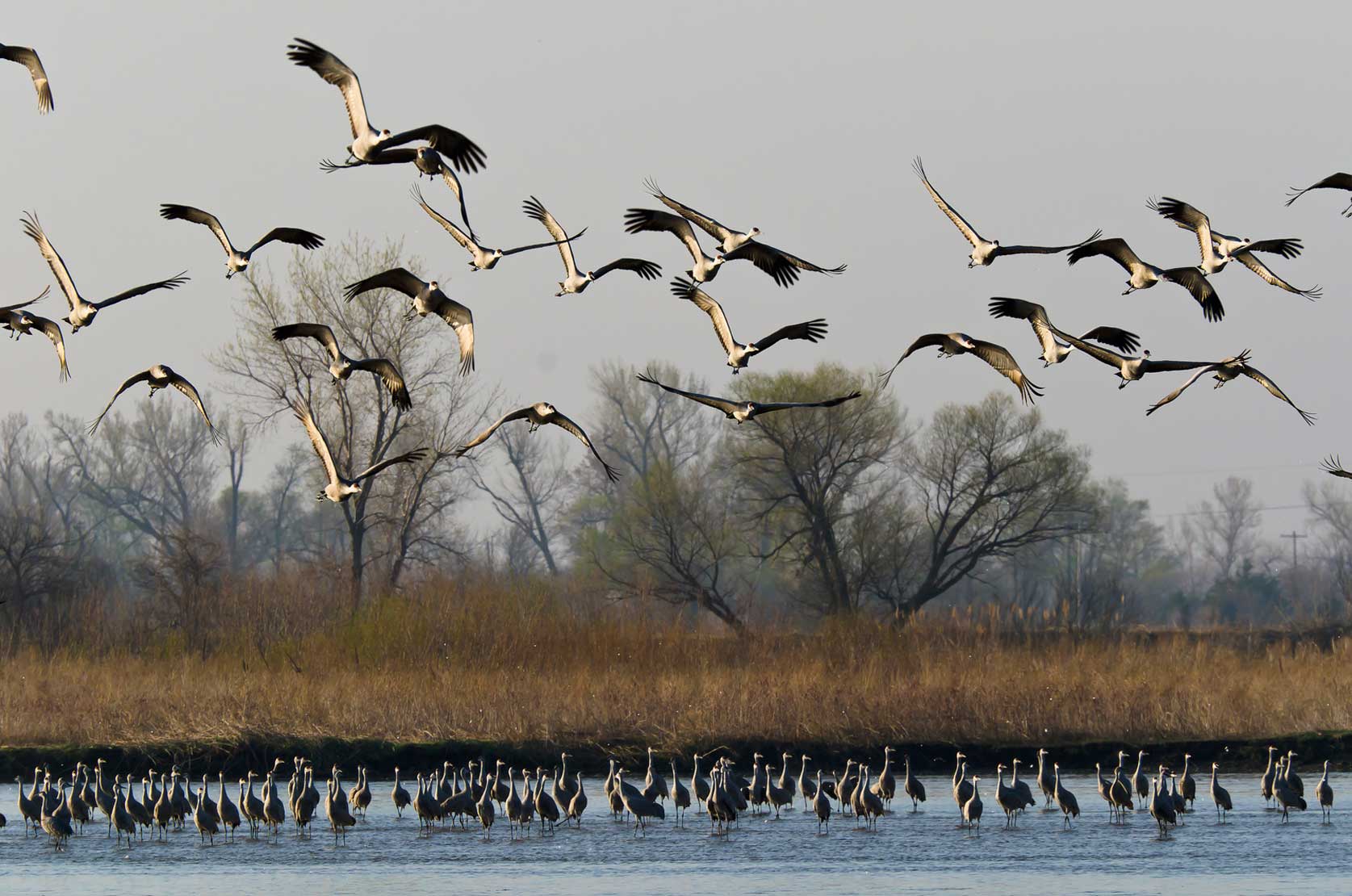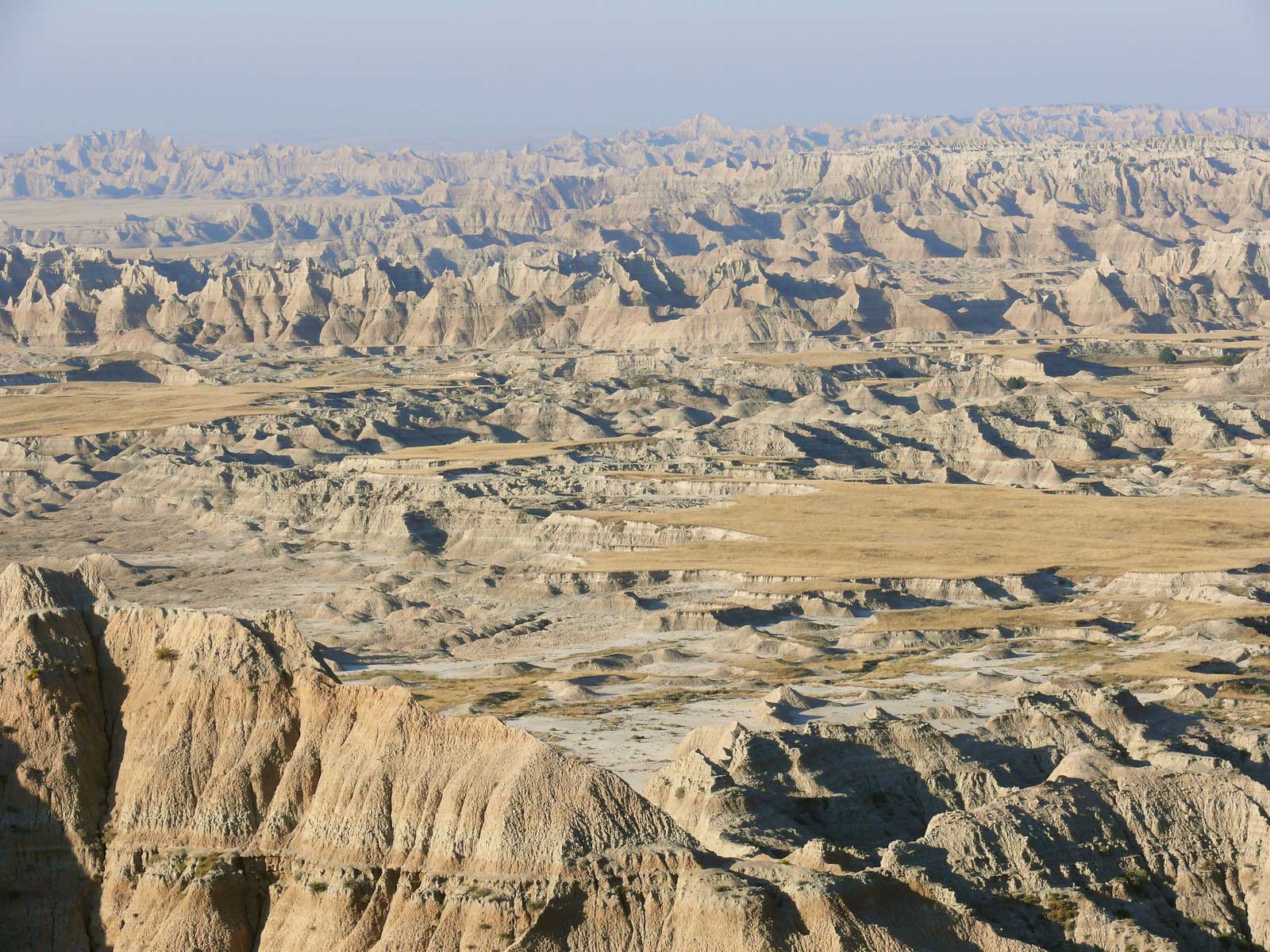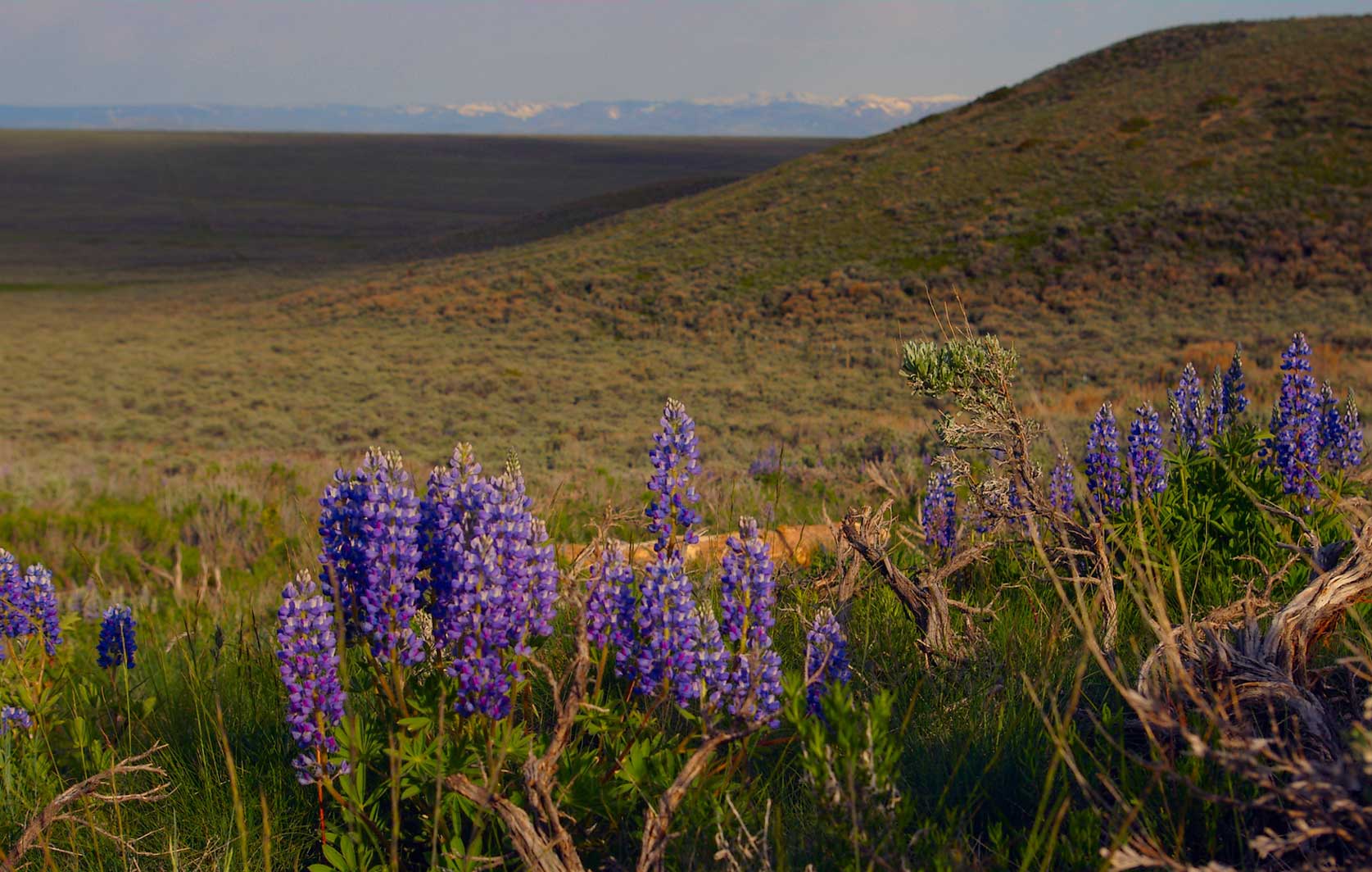News Release
Service Extends Comment Period on Draft Environmental Assessment for Proposed Annual Funding Agreement with Confederated Salish and Kootenai Tribes
New Deadline for Public Comments is September 18
For Immediate Release
September 5, 2014
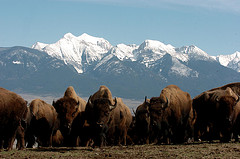
LAKEWOOD, Colo. – The U.S. Fish and Wildlife Service (Service) extended the public comment period for 14 days on the draft Environmental Assessment (EA) for a proposed Annual Funding Agreement (AFA) that would allow the Confederated Salish and Kootenai Tribes (CSKT) to manage and implement the biological, maintenance, public use, and fire management programs on the National Bison Range Complex (refuge complex). Comments on the draft EA from members of the public will be welcomed by the Service until the deadline of September 18, 2014.
“We always think that it’s important to involve stakeholders in the process of deciding how to best manage our shared natural resources, in this case the locally- and nationally-known National Bison Range,” said Will Meeks, Mountain-Prairie Region assistant regional director for Refuges. “Both citizens and Tribal members with an opinion on how the National Bison Range will be managed are invited to comment on the draft environmental assessment during the extended comment period. This is a limited opportunity to help shape the future management of the refuge complex.”
The EA addresses those units located within the boundaries of the Flathead Indian Reservation; specifically the National Bison Range, Ninepipe and Pablo National Wildlife Refuges, and nine waterfowl production areas. All of these units are within Lake and Sanders counties in Montana.
The CSKT requested negotiations for a third AFA in November 2011 under the authority of the Indian Self Determination and Education Assistance Act, as amended. The Service and CSKT spent five months developing a draft AFA proposal for the public to consider. This proposed agreement would allow the Tribes to manage the biological, visitor services, maintenance, and fire management programs. This agreement also proposes to transfer all staff positions associated with these programs to CSKT for recruitment of their own employees.
Now, the Service has prepared the EA to evaluate the environmental consequences of the proposed agreement, in compliance with the National Environmental Policy Act. In addition to this proposed agreement, the Service also developed and analyzed four other AFA alternatives for the public’s consideration and comment. Each AFA alternative would allow CSKT to manage or assist with programs, services, functions, and activities on the refuge complex to various degrees for a term of five years. At the end of that term, a new agreement would be negotiated.
U.S. Fish and Wildlife Service
Office of External Affairs
Mountain-Prairie Region
134 Union Blvd
Lakewood, CO 80228
303-236-7905
303-236-3815 FAX
www.fws.gov/mountain-prairie/


